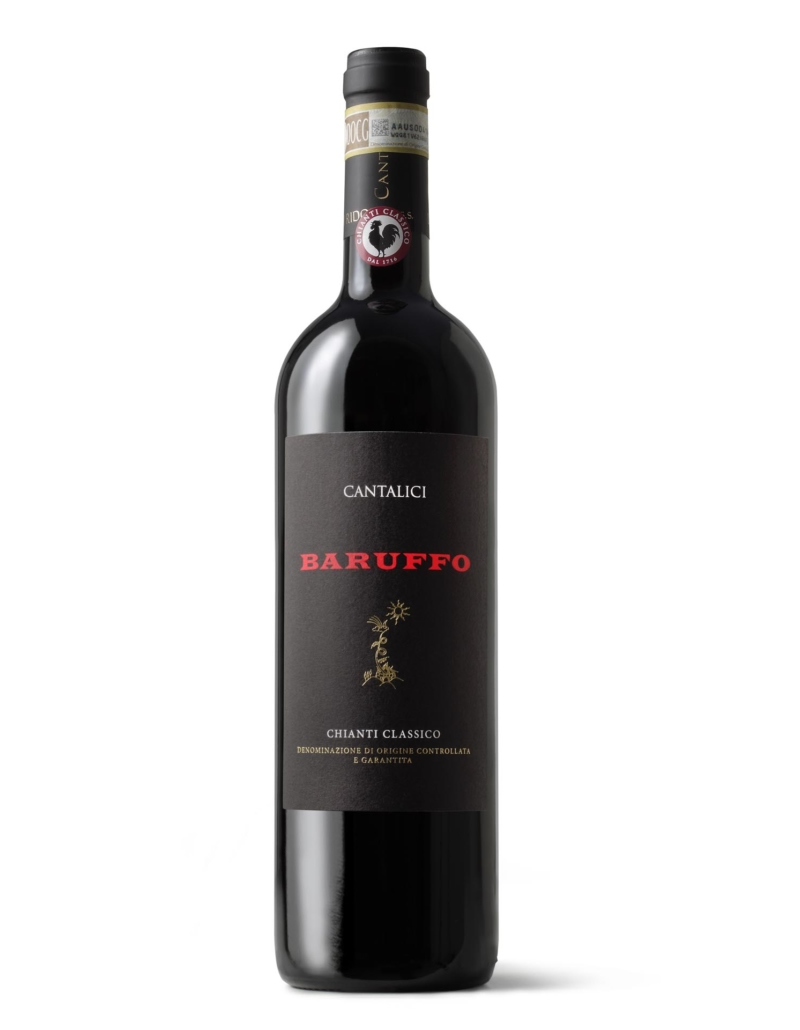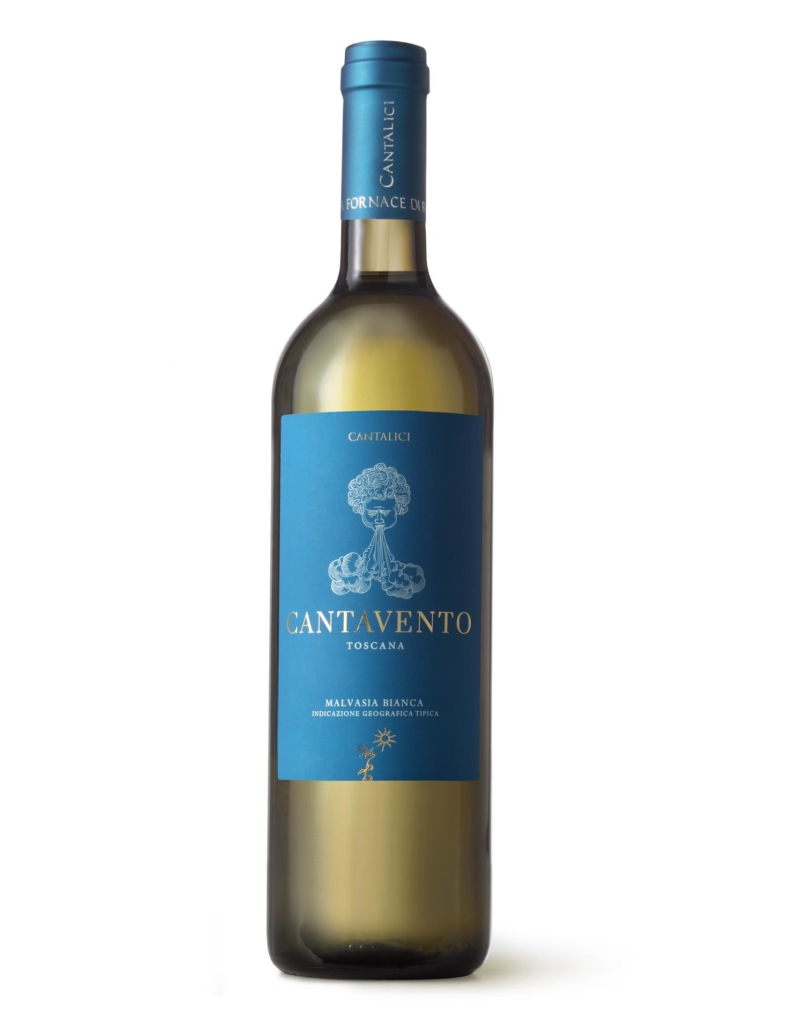How to decant wine?
Wine can be decanted in two ways:
- Either by simply uncorking the bottle and leaving it open for a while, long enough for the wine to develop all its aromas;
- Or by transferring the wine into a decanter, which is a transparent glass container with a narrow neck and a wide bottom. This peculiar shape increases the surface area of contact between the wine and the air, and therefore the oxygenation. Moreover, using a decanter you can serve the wine, avoiding transferring unwanted sediments in the glass.
Here are the fundamentals, to employ a decanter:
- Place the bottle upright for a few hours so that any sediment settles on the bottom;
- Uncork the wine.
In the case of very old wines, carefully wipe the neck of the bottle with a cloth. This prevents dust or bacteria from being transferred into the wine. - Decant the wine slowly from the bottle into the decanter.
When you begin to see sediment in the neck of the bottle, you better stop so as not to risk having it back in the glass and affect the brilliance of the wine. Professional sommeliers help themselves with a candle or a light, which is placed under the bottle during decanting, precisely to control the deposit and stop decanting at the right moment. - Leave the wine in the decanter for some time, and then serve it.
Have a look at our shop online
 It's very interesting to think for a moment about the meaning of the word "to decant".
It's very interesting to think for a moment about the meaning of the word "to decant".
At least, in Italian, it has two interpretations and a double etymology: in one case it literally means “to put aside” and it reflects exactly what happens from a physical-chemistry point of view, as we said. In the other case, the significance is related to “read out singing”. It comes from a far-way time, but without a doubt, it brings along a sense of irony.
Decanting wine is technically useful, enjoy it by drinking good wine that has had the chance of expressing itself at the best is a great idea, yet overdoing by decanting them with pretentious definitions is just odd.
So, let's just enjoy wines! 😉
Cantine Cantalici Shop Online
More products you may be interested...
Extra Virgin Olive Oil
Our extra virgin olive oil is a scented mix of Tuscany, to accompany summer dishes as well as more winter recipes.
Chianti Classico DOCG Baruffo
Intense ruby red is the color of this balanced, but characterized by a lashing acidity wine which makes it ideal to serve with stews or game.
Cantavento - IGT Tuscan White Wine
A savory Tuscan white wine with spicy notes accompanied by hints of officinal herbs.
Grappa of Vinsanto
Grappa of Vin Santo, Reserve, is a distilled product silky and soft with hints of raisins.

"PSR 2014-2020 - Measure 4.1.3 PID 2019. Participation in integrated planning by agricultural companies."
Transformation/marketing of agricultural products: Buildings for the conservation/storage of primary and/or processed agricultural products (Buildings and masonry works). Renovation of the roof covering of the building located in the Municipality of Gaiole in Chianti Sheet 34, part. 122 subordinate 8, for a surface area equal to 1922 m²
(portion highlighted in the project)
Investment made with financing FEASR - CUP ARTEA: 1014205 - CUP cipe: D52H22000190007

"Measure 4.2.1 – GAL Siena – Investments in the transformation, marketing and/or development of agricultural products."
CELLAR MODERNATION: intervention carried out and co-financed with the contribution of the PSR 2014-2022 of the Tuscany Region - Measure 4.2.1. of the GAL Leader Siena
CUP ARTEA: 1245832 – CUP CIPE C55B24000230007

 Decant: it isn't always necessary, it needs time and makes the wine, and especially its aromas, clearer.
Decant: it isn't always necessary, it needs time and makes the wine, and especially its aromas, clearer.


